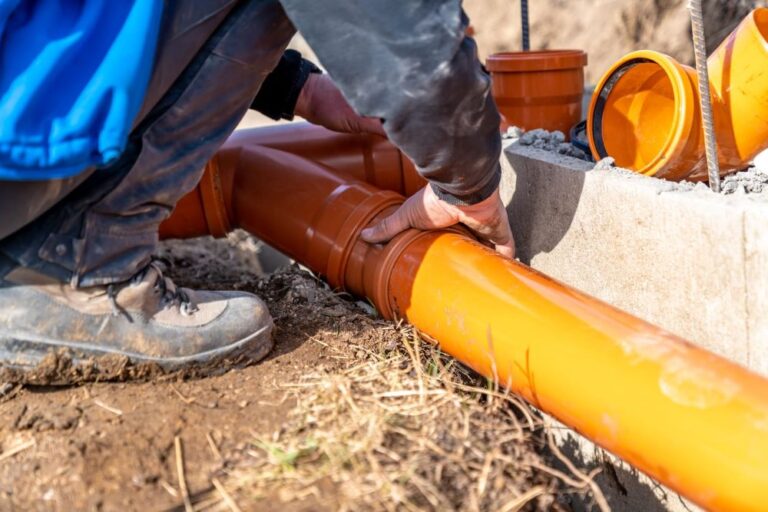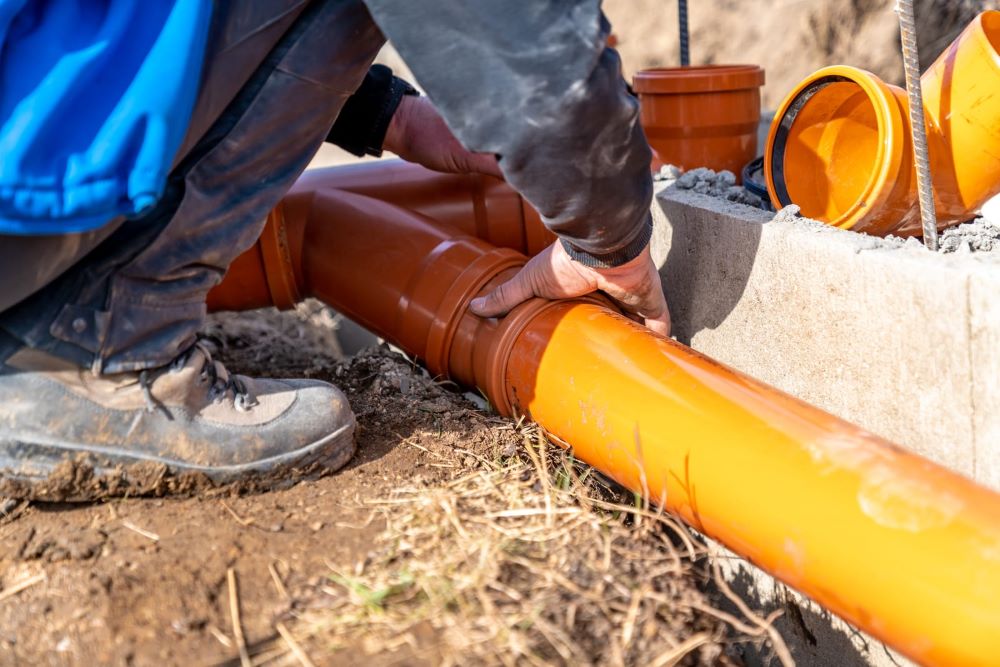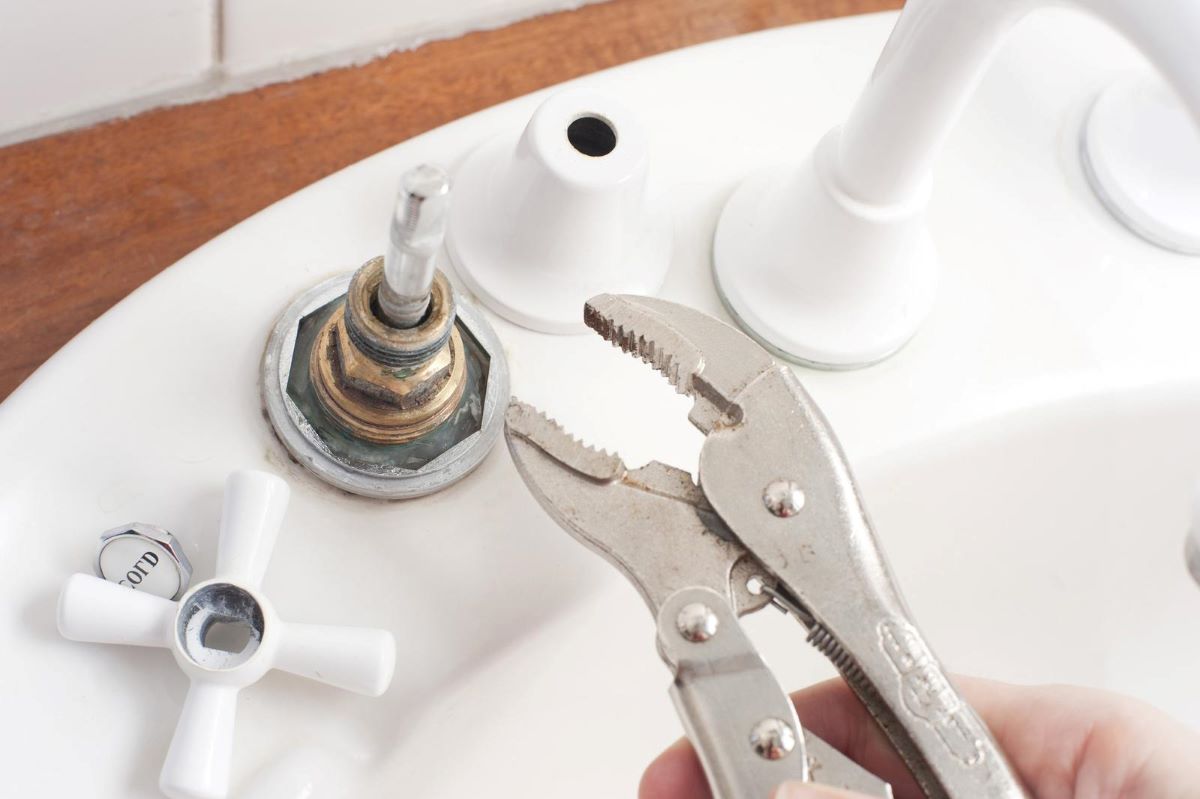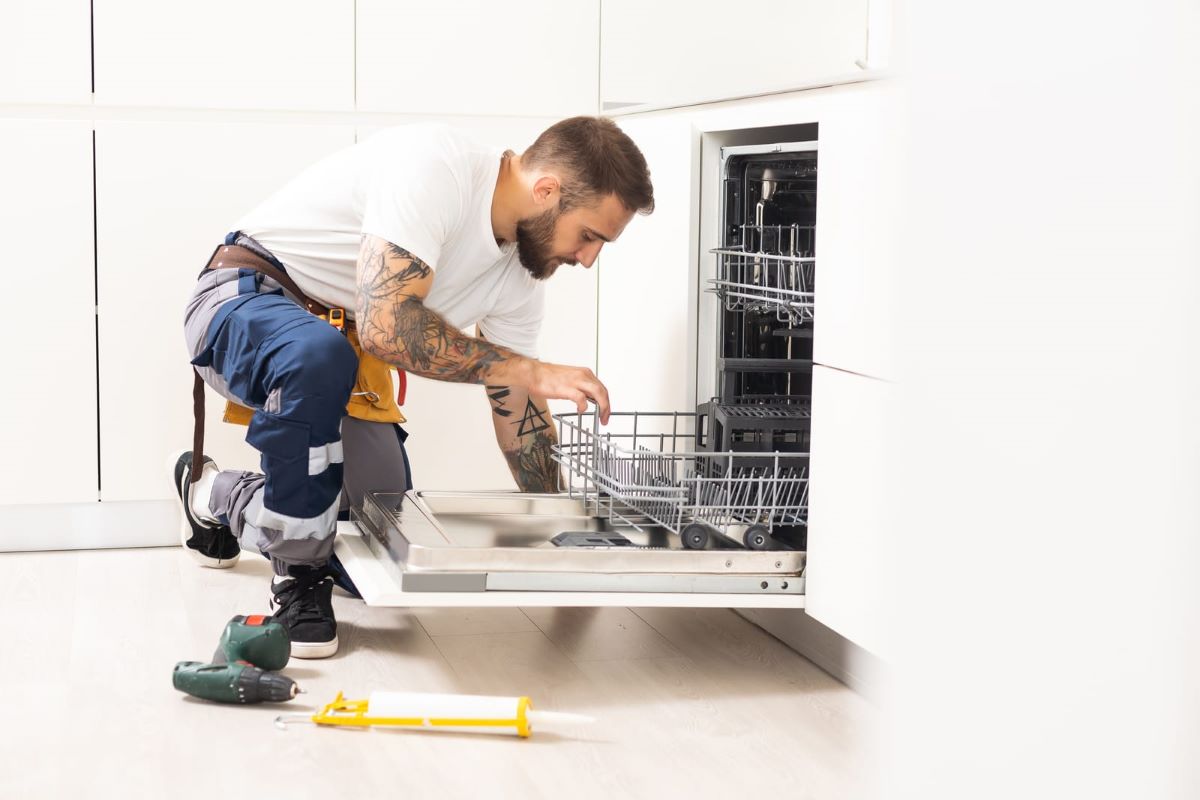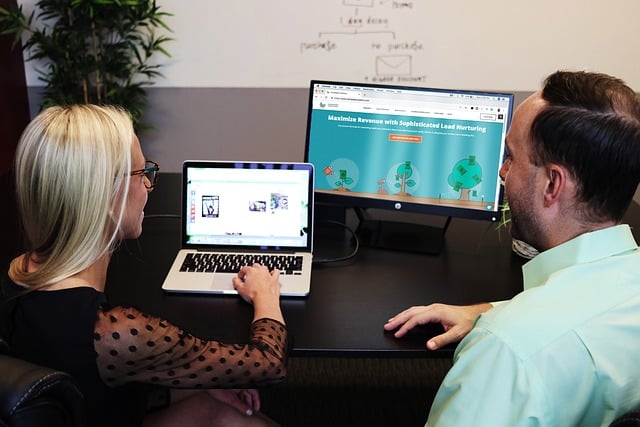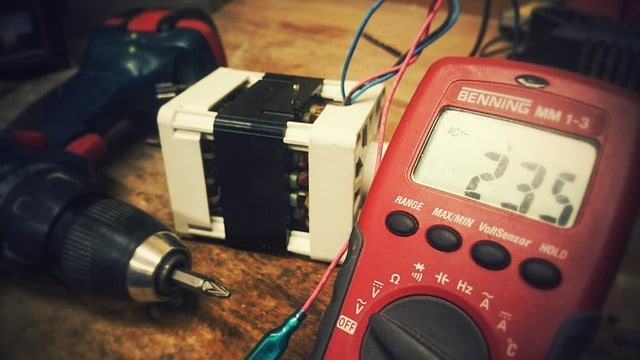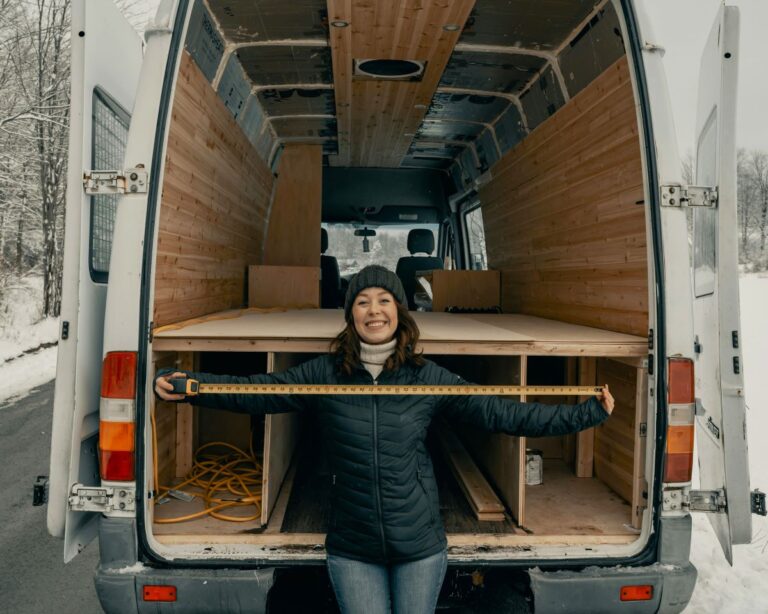The DIY Trend: Plumbing
The DIY trend has gained momentum worldwide, and DIY plumbing, like DIY electrical work, is no exception. This trend is empowering individuals to tackle various projects. From fashion and crafts to home accessories, the satisfaction of creating or fixing something with your own hands is undeniable.
However, navigating the DIY path in New Zealand can be challenging when it comes to plumbing. It’s crucial to familiarise yourself with the regulations before diving into a DIY plumbing venture to avoid legal repercussions, property damage, insurance issues, or personal injury.
The Importance of Knowing the Law
New Zealand’s laws dictate which plumbing tasks individuals can undertake legally and which are strictly off-limits.
While saving money on plumbing services may be tempting, especially in cities like Auckland, where expenses add up quickly, it’s essential to recognise the significance of understanding and complying with the regulations.
Ignorance of the law could lead to unintended consequences that have far-reaching implications. These consequences may include legal repercussions, damage to your home or appliances, insurance issues, or even personal injury.
It pays to check out any other building legal requirements in the Building Act 2004 for any work to be undertaken to ensure you comply with the law.
Obtaining Council Consent in New Zealand: What You Need to Know
Before starting any plumbing project in New Zealand, it’s essential to understand that some plumbing work may require council consent and following the legal rules set out in the Plumbers, Gasfitters, and Drainlayers Act 2006.
This council consent ensures that your plumbing work meets local regulations and safety standards, protecting your property and the community.
When Do You Need Council Consent?
Whether you need council consent depends on the type and scope of your plumbing project. Here’s a simplified breakdown:
Generally, all building work requires building consent under the Building Act 2004. Plumbing and drainlaying work fall under the Building Act’s definition of ‘building,’ which covers both temporary and permanent structures. However, there are exceptions listed in Schedule 1 of the Building Act.
Excluded Plumbing Work
Schedule 1, Part 2 of the Building Act NZ specifies plumbing and drainlaying work that doesn’t need building consent. The type of work includes:
- Repairs, Maintenance, and Replacements: Regular fixes, upkeep, and replacing plumbing fixtures usually don’t require building consent.
- Small Drain Changes: Minor adjustments to drainage systems, like small repairs, often don’t need building consent.
Property Owner’s Role: While property owners should apply for building consent if necessary, they may rely on tradespeople, like plumbers, for advice on following the Building Act.
Finding Guidance: If you’re unsure about the rules and exclusions in the Building Act 2004, there’s guidance available. The “Building work that does not require a building consent” document is a handy resource for understanding which plumbing projects need council consent.
Check with the Building Consent Authority: Even though property owners are responsible for getting building consent, plumbers should confirm that permission has been granted before starting work that might not be exempt. You can check with your local Building Consent Authority, usually your council, to make sure you’re following the rules.
Plumbing Work That Often Needs Council Consent
Remember, some plumbing projects may still require council consent, especially those involving significant changes. Here are examples:
- New Plumbing Systems: Council consent is typically needed if you’re installing a completely new plumbing system in a property, including water supply and drainage systems.
- Extensive Renovations: If your plumbing renovations involve significant changes or serious alterations to plumbing systems, you might require council approval.
- Connecting to Public Sewer or Water Mains: Any work linked to connecting with public sewer systems or water mains may need council consent because it often involves public infrastructure.
- Structural Impact: Plumbing projects affecting the structure of a building or involving new plumbing-related systems may also require council approval.
In a nutshell, understanding when council consent is necessary for plumbing work is vital to ensure you follow New Zealand’s building rules.
While some plumbing tasks don’t require approval, it’s wise to double-check with your local Building Consent Authority before starting significant plumbing projects. Gaining consent helps you avoid potential legal issues and keeps your property and the community safe.
The Deceptive Nature of DIY Plumbing
The seemingly effortless confidence of professional plumbers and the apparent simplicity depicted in DIY plumbing videos can be deceptive.
Plumbers make their craft appear easy because they have honed their skills over time, dedicating years to practise.
Faulty plumbing installations can result in leaks, floods, or even water supply contamination, posing significant risks to your property and well-being. It is essential to approach plumbing work with caution and fully understand the intricacies of the task.
Restricted Plumbing Activities
To understand what plumbing work you are legally permitted to do yourself, it’s essential to grasp the concept of restricted plumbing activities.
According to the Plumbers, Gasfitters and Drainlayers Act 2006, sanitary plumbing work is subject to restrictions. Sanitary plumbing involves fixing or unfixing sanitary fixtures, appliances, associated fittings, and accessories.
It also includes installing or removing the trap, waste, soil, ventilation, or overflow pipes connected to these fixtures.
As well as installing or removing water-supply pipes within the legal boundaries of the premises where the fixtures or appliances will be installed.
Exceptions to Sanitary Plumbing
Certain exceptions exist regarding what is considered sanitary plumbing. For example, work on fixtures or appliances installed in ships, boats, aircraft, or vehicles isn’t included.
Tasks involving bedpan washers, sterilisers, dishwashers, or washing machines that don’t involve waste or water supply pipes are also exempt.
Additionally, fixing or unfixing pipes for water reticulation in central heating or cooling systems downstream of dedicated backflow prevention devices is not classified as sanitary plumbing.
Furthermore, certain activities are not categorised as sanitary plumbing, such as repairing or replacing taps, ball valves, washers, or plugs. Fixing or unfixing showers installed over baths and supplied through bath taps is also exempt.
Factors to Consider Before DIY Plumbing
Before embarking on your plumbing work, consider several crucial factors.
Firstly, you or a close family member must own the property where you plan to undertake plumbing work. Suppose that you are a tenant, employee, employer, or landlord using a building for commercial purposes.
In this situation, DIY plumbing is strictly prohibited by law. Engaging in such activities can lead to legal consequences, which can invalidate your insurance coverage for the building and its contents in case of flooding or damages related to the plumbing work.
Possessing the necessary knowledge and skills before attempting any plumbing work is essential, as plumbing work is far more complex than making a candle or crafting a coffee mug.
You must fully understand the intricacies of the task and approach the work cautiously, taking all necessary precautions. Understanding the requirements includes shutting off the water supply and refraining from working on live pipes or fittings.
If you are still trying to decide the correct course of action, seek the expertise of a licensed plumber.
Plumbing Tasks You Can DIY
So, what plumbing work are you legally allowed to DIY? There are a few plumbing jobs you can handle without hiring a professional.
However, it’s important to remember that even with these tasks, risk is still involved. Therefore, before diving into it, ensure you understand what you are about to undertake.
In New Zealand, the law allows you to undertake plumbing work involving low-pressure installations, such as:
Appliance Installation
You can independently handle tasks such as installing household appliances like dishwashers or washing machines. This includes connecting, disconnecting, or replacing appliances that involve plumbing connections.
However, ensuring you have the necessary confidence and competence before proceeding with such tasks is of utmost importance. This approach helps guarantee the successful and safe execution of plumbing work related to these appliances.
Tinkering with Taps
In certain situations, you can replace taps and address leaks by replacing washers alone. Nevertheless, it’s crucial to evaluate both the complexity of the tap mechanism and your own skills before embarking on any repair work.
If you find yourself uncertain or facing challenges during the process, it’s highly advisable to seek the assistance of a licensed plumber. This proactive approach can help prevent complications and ensure the successful resolution of plumbing issues.
Showers and Leaks
Fixing a leaking shower head is a DIY task legally permitted in New Zealand. You can confidently address this issue without violating any laws or regulations.
Remember to turn off the water supply before attempting any repairs, and ensure that you follow proper procedures to avoid legal consequences.
Ball Valves and Float Valves
Repairing or replacing ball and float valves is a plumbing task you can legally handle on your own in New Zealand.
You can confidently undertake this job without the need for professional assistance. Just make sure to familiarise yourself with the necessary steps and precautions to ensure a successful repair or replacement while adhering to the law.
However, remember to deactivate the water supply at the main valve before starting any plumbing repairs or alterations.
According to the law, a licensed plumber must perform the necessary testing whenever you add appliances or fixtures that draw more water or exert more pressure on the existing plumbing system.
Furthermore, a licensed plumber must handle the connection of your installation to the water supply. Exercise extreme caution and avoid working on live pipes, as the risk of water damage or injury remains significant.
Contacting a licensed plumber is the safest action if any doubts arise regarding plumbing work.
Plumbing Tasks Requiring Professional Assistance
While extending or modifying existing water pipes, avoid tampering with the main supply line running from the street to your property’s plumbing system.
This crucial component should only be handled by a licensed plumber. Specific plumbing tasks require professional assistance, according to New Zealand’s laws.
Tampering with the main water supply is strictly prohibited, as is attempting to connect plumbing lines on your own. Connecting plumbing lines should be left to the expertise of a licensed plumber.
Moreover, when it comes to repairing or replacing existing plumbing fixtures and adding additional fixtures that increase water consumption, it is generally unacceptable, as these tasks fall under the exclusive domain of licensed plumbers.
Ultimately:
While the allure of DIY plumbing work may be strong, the wisest choice is to engage the services of a licensed plumber who possesses the necessary expertise and can provide a certificate of compliance for the work performed.
“It’s vital for homeowners, DIYers in particular, to understand that legislation requires a licensed plumber to complete all sanitary plumbing work.
The Golden Rule
The golden rule is that a licensed plumber must carry out any work that involves sanitary plumbing or potable water supply.“ Master Plumbers Organisation NZ
By doing so, you ensure adherence to legal requirements, guarantee the safety of your property, and protect the well-being of yourself and others. New Zealand’s Ministry of Health guidelines are in place to ensure the integrity of the plumbing trade.
Therefore, most DIY plumbing ventures fall under illegality, demanding the expertise of a professional plumber. These stringent regulations serve a crucial purpose—safeguarding individuals’ and communities’ health, safety, and well-being.
Enlist a Professional
By enlisting the services of a professional plumber, you not only comply with the law but also ensure that your plumbing system operates smoothly and is free from potential risks.
When faced with plumbing tasks, it is paramount to recognise the importance of relying on qualified professionals with the necessary knowledge, skills, and adherence to guidelines.
Don’t take chances with your plumbing system—call in a licensed plumber to guarantee a job done right and to maintain the high standards upheld by the Ministry of Health.
Remember, the expertise of a professional plumber is an invaluable asset in preserving the integrity of your plumbing infrastructure. As well as ensuring the well-being of everyone who relies on it.
Here’s a list of some local plumbers for some regions:
Paramount Plumbing & Gas in the Wellington region
- 0800 02 72 72
- 022 642 0995
- info@paramountplumbing.nz
Maxey Plumbing in the Wellington region
- office@maxeyplumbing.co.nz
- 04 390 0135
Plumbnetix Plumbing in the Thames, Hauraki, Waihi and Cambridge region
-
027 289 4398
-
info@plumbnetix.co.nz
Get your business noticed by creating an online directory listing. Listings are FREE and you can create as many as you need.
- Get found by locals
